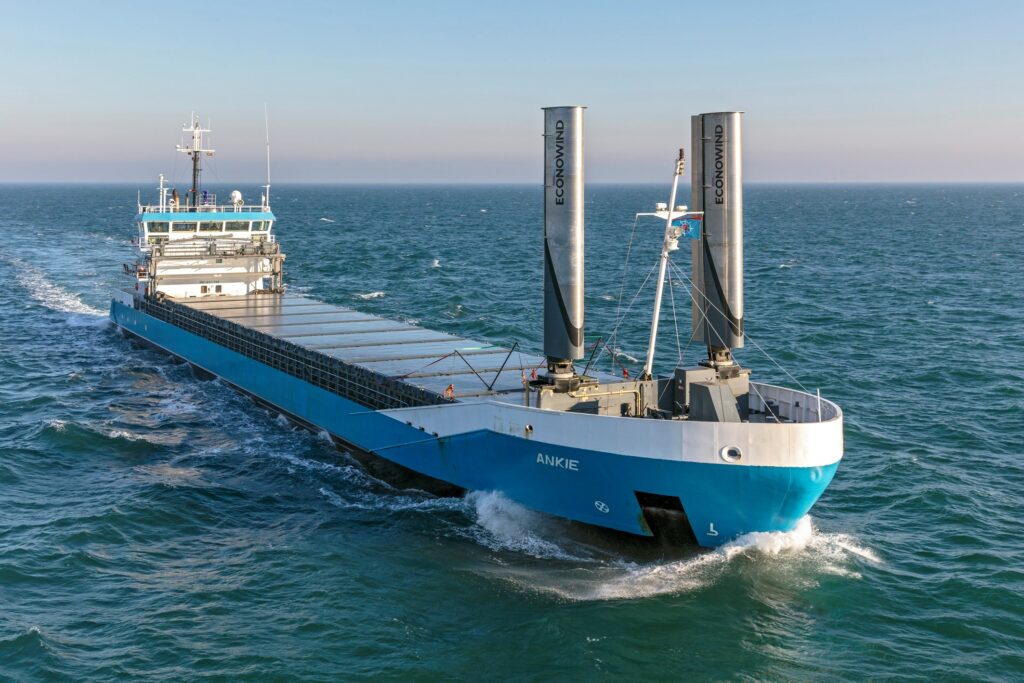The good news is that using artificial intelligence (AI) could make a decisive difference in addressing contemporary urban mobility challenges.
What social challenges in AI are being worked on?
The transport sector is currently responsible for 20 to 25 per cent of CO2 emissions in the Netherlands. The Climate Agreement therefore pays a great deal of attention to reducing the emissions caused by mobility. One possible solution is more awareness in our choices of modes of transport, which could inter alia reduce car ownership and car use in cities. In addition, efforts are being made to replace vehicles that have engines powered by fossil fuels with electric ones or with vehicles that run on hydrogen gas.
All this demands not only new mobility solutions but also adaptations in the existing infrastructure. It is a colossal task, one that AI can assist in a variety of ways. However, as its name suggests, the ELSA Lab for Intelligent and Inclusive Urban Mobility focuses on deploying AI technology in ways that can make sure that more people in urban areas have access to appropriate forms of mobility. That also includes people who have no choice but to be less mobile, for example because they do not have the money or the requisite knowledge, or because they have a physical disability. This issue has been on the policy agenda at the Ministry of Infrastructure and Water Management for quite some time, as the government aims for a Delta Plan for Mobility (‘Mobility for broad prosperity’).
What types of solutions are offered to the end user?
AI-based data technology plays a key role in matching mobility supply to demand better. This means that deployment of AI for mobility solutions in urban regions will focus primarily on data collection, processing and analysis. That information will let mobility solution providers better anticipate the behaviour and wishes of their customers or users. Based on the insights provided by the data analyses, the government can modify infrastructure so that it complies better with what is needed e.g. for a good urban traffic flow.
When data is used like this, the process must of course comply with all kinds of legal, social and ethical preconditions: those are the issues that this ELSA Lab will focus on to a large extent. How do you make sure that new AI technology complies with privacy rules and equality legislation? What is needed if we are to do it in a way society deems desirable? And how do you avoid discrimination, exclusion and bias when using the data? The goal in all of this is to produce AI applications that are both legal and ethical.
The ELSA Lab has also compiled an ELSA handbook for AI solutions in urban mobility. The handbook is available to all, intended as a source of information for parties involved in improving urban mobility and who develop and apply AI solutions to that end. The handbook in question consists of three parts:
- An inventory and analysis of the legal, ethical and social requirements applicable to various AI and data science solutions focusing on urban mobility. That covers privacy and data protection, creating conditions for social acceptability of technology and the impact of AI deployment on access to mobility.
- Methods and tools for meeting these preconditions, such as design principles and impact assessments.
- A description of cases in which AI-based mobility solutions have been tested in the three focal themes of ELSA (ELSA stands for Ethical, Legal and Societal Aspects).
The ELSA Lab will make the handbook available as a document to users outside the project. This information will also be shared at training sessions.
What AI methods or techniques are used in the research?
The ELSA Lab focuses on the development process of AI systems, for instance testing simulation models to get a proper estimate of the demand for mobility and to check how well the AI solutions comply with the ELSA focal themes. Based on various AI and data science techniques such as machine learning and data mining, a synthetic population can be created that models the demand for mobility. That synthetic population can then be calibrated using a variety of optimisation techniques such as Bayesian optimisation, simulated annealing and hill-climbing methods.
On top of that, the ELSA Lab is developing a platform for carrying out simulation experiments and investigating what happens when the synthetic population has to deal with various innovative AI-based mobility concepts; those concepts can also be tested in simulated situations in which different legal and ethical frameworks apply. This makes it possible to test and see how far the concepts meet the needs of residents and whether or not the scenarios meet the legal, ethical and social requirements.
Are we collaborating with other sectors?
The lab will collaborate in particular with the mobility, transport and logistics, energy and sustainability, and health and care sectors. There are close contacts with the NL AIC working groups for those sectors. The ELSA Lab will organise joint meetings together with these working groups to share knowledge and expertise. Additionally, the ELSA Lab maintains contacts with parties in the urban mobility arena such as municipalities and provinces, transport companies and providers of partial mobility.
What is the ultimate success this ELSA Lab can achieve?
That everyone in vulnerable neighbourhoods gets good accessibility through AI applications, that it goes hand in hand with a substantial reduction in CO2 emissions and air pollution, that it all genuinely leads to improved liveability and spatial quality, and that using AI also makes sure that people who are currently less mobile will be able to get about more easily in the near future, increasing their social engagement.
Awarded the NL AIC Label
 The NLAIC has developed the NL AIC Label to underline its vision for the development and application of AI in the Netherlands. An NL AIC Label formally recognises an activity that is in line with the aims and strategic goals of the NL AIC and/or the quality of that activity. The NL AIC would like to congratulate the ELSA Lab for Intelligent and Inclusive Urban Mobility.
The NLAIC has developed the NL AIC Label to underline its vision for the development and application of AI in the Netherlands. An NL AIC Label formally recognises an activity that is in line with the aims and strategic goals of the NL AIC and/or the quality of that activity. The NL AIC would like to congratulate the ELSA Lab for Intelligent and Inclusive Urban Mobility.
More information?
The following people are involved with the development of this ELSA Lab:
- Dr Mehdi Dastani, Utrecht University
- Nadya Purtova, Utrecht University
If you would like more information about human-centric AI and the ELSA concept, please go to this page.






